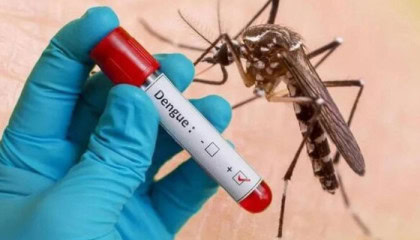LAHORE – Proposed ban on 12 key agrochemical active ingredients (AIs) has raised concerns among stakeholders in Pakistan’s agricultural sector.
They feared that the unilateral decision taken in violation of the relevant pesticide regulations will hurt crop production, increase input cost of growers, and hinder future investment in the agricultural sector.
The government has resorted to this step to control pesticide residue in rice so the same could be exported as per the global standards.
The industry people believe that the issue was not related to the pesticides but rather their misuse or application off-label. As such, there is a need for raising awareness about correct usage of pesticides and not a blanket ban.
“The government focus should be on responsible application and enforcement and not a complete ban. It is like eliminating a life-saving drug due to its misuse”, said Muhammad Rashid, Executive Director CropLife Pakistan, while talking to a group of journalists yesterday.
He said that the outright ban will negatively impact agriculture as AIs in question are crucial for pest control in rice, wheat, cotton, fruits, and vegetables.
“As there are only a few substitutes of these AIs, the ban will cause a demand-supply gap, increase input costs and affect yields. It will ultimately pose food security risks”, he said, adding that the multinational companies will face huge losses which will hinder future investments in the agricultural sector.
Mr Rashid suggested the people at the helm of affairs to look for a science-based solution to tackle the issue of pesticide residue in the rice crop.
“Residue issues usually come due to misuse in grain storage facilities. As such, the real issue is not the pesticides but their improper use and handling”, he said while urging the government to reconsider the ban and work together with stakeholders for resolving the pesticide residue issue.
He suggested educating farmers on proper pesticide use, premium incentives for compliant rice production and sustainable cluster farming.
Proposed devolution of Seed Inspector’s powers to provinces raises alarm



















